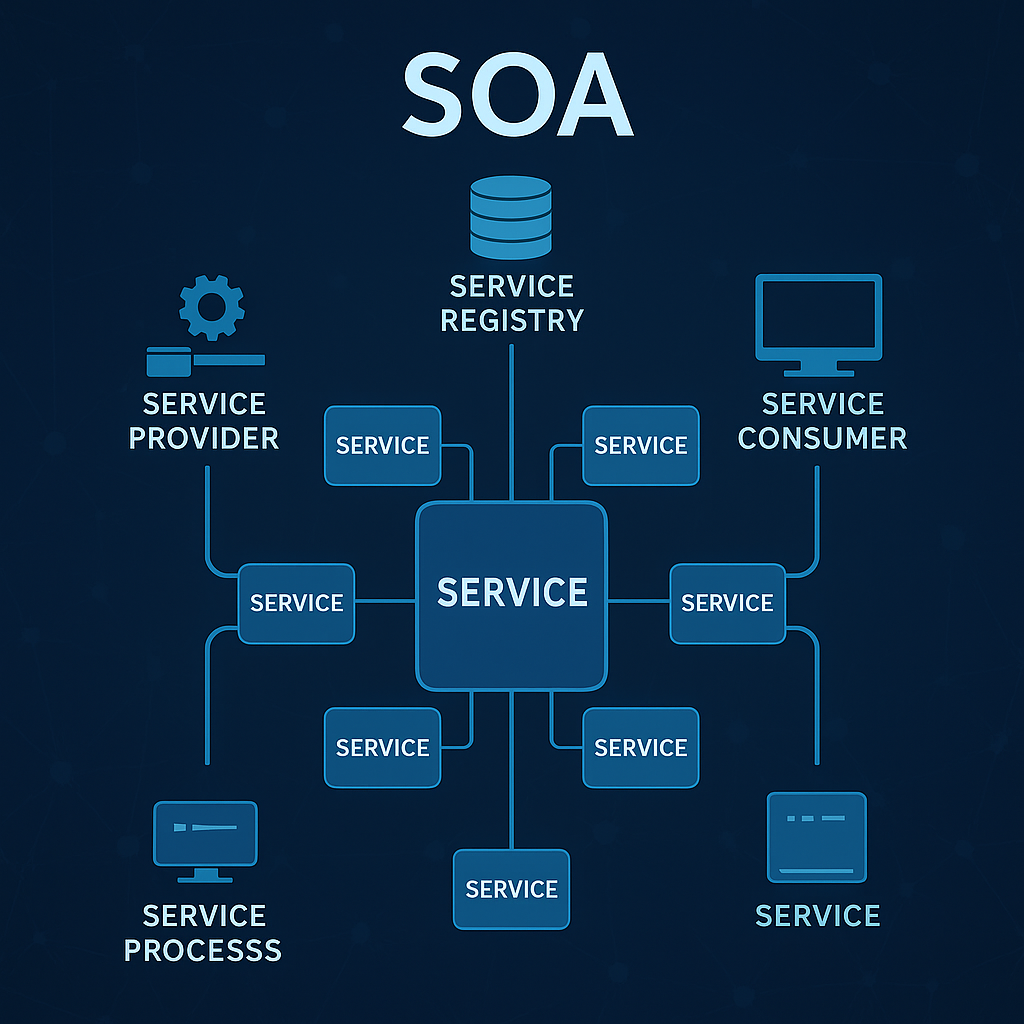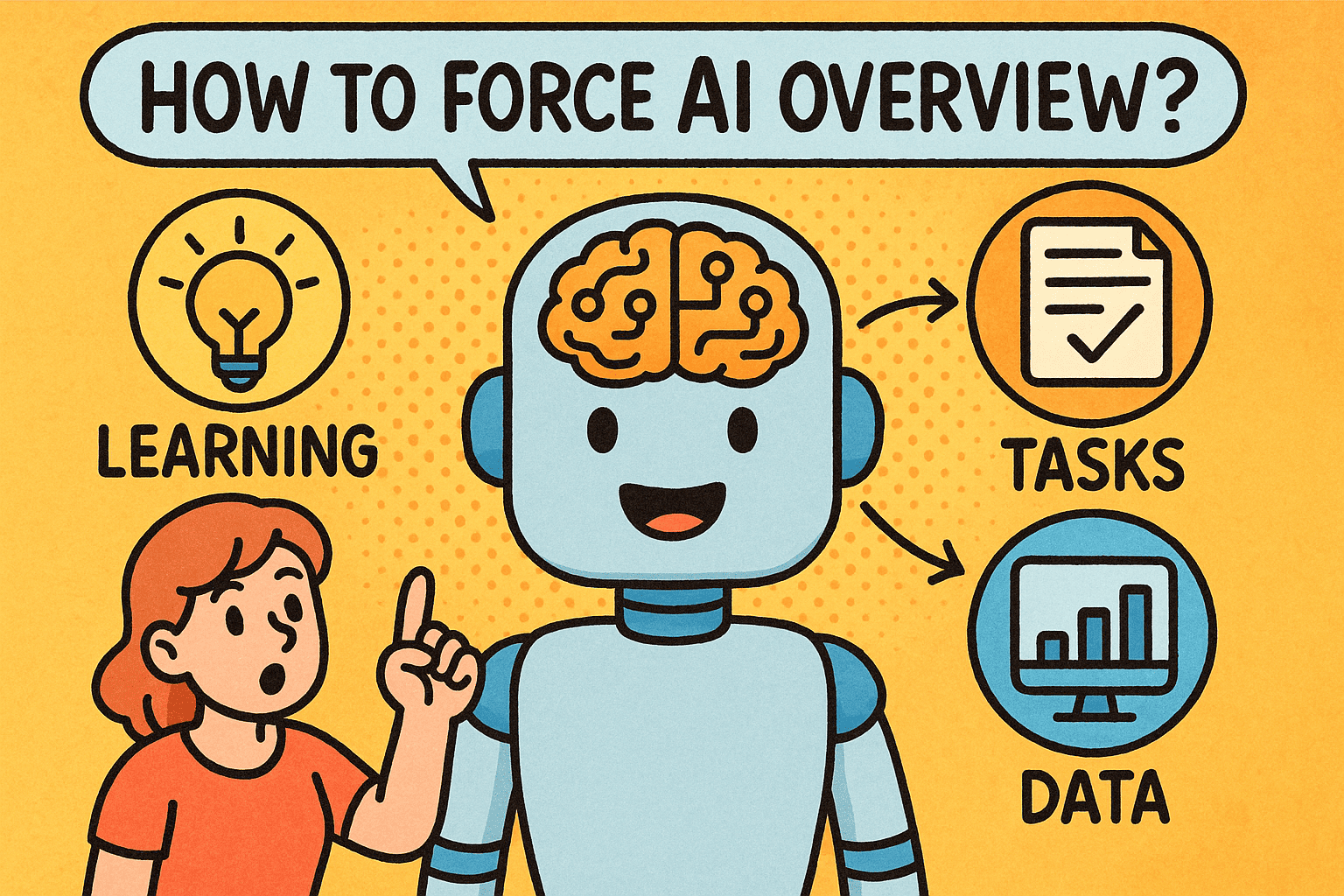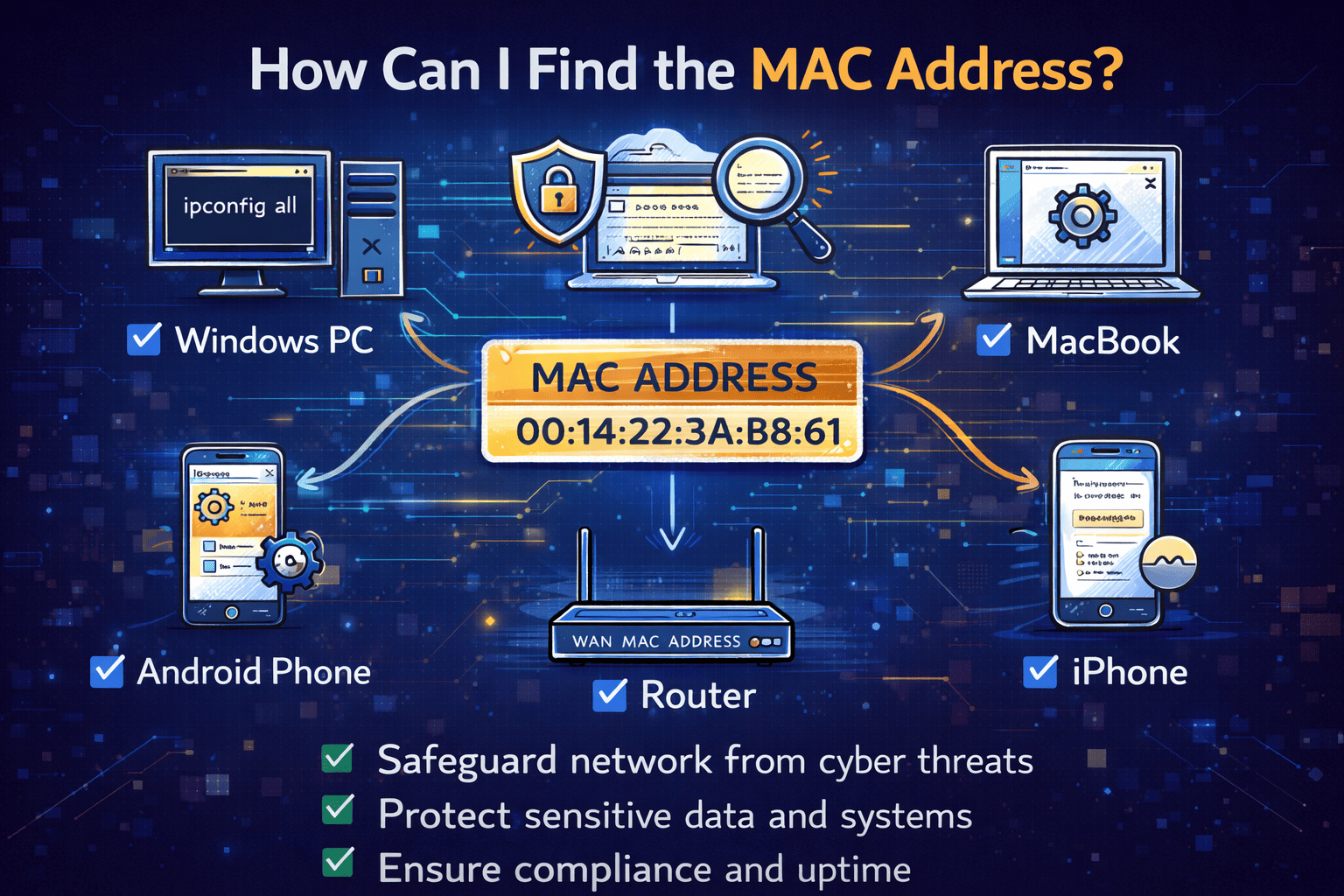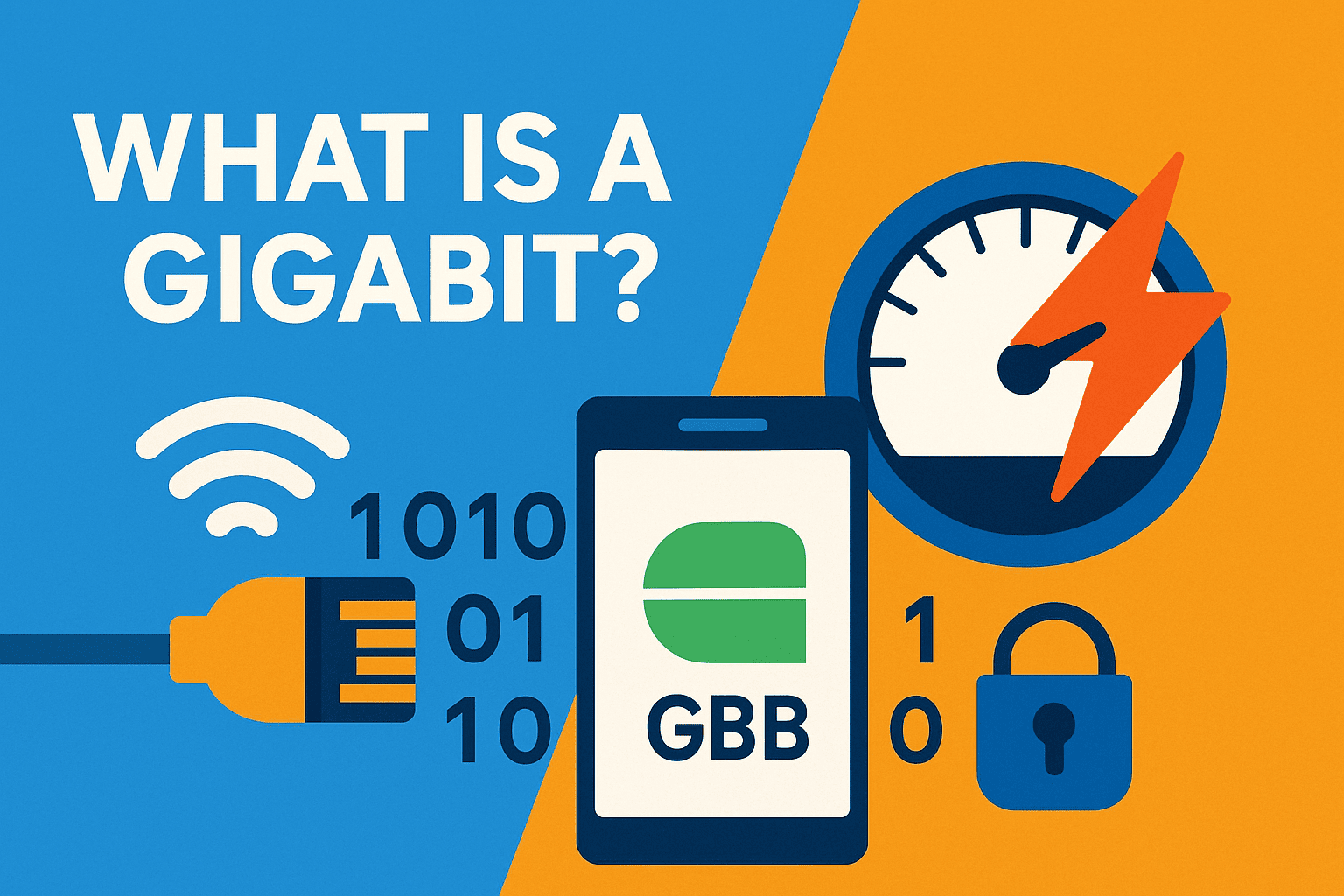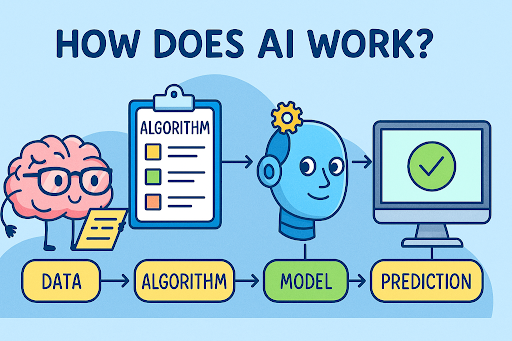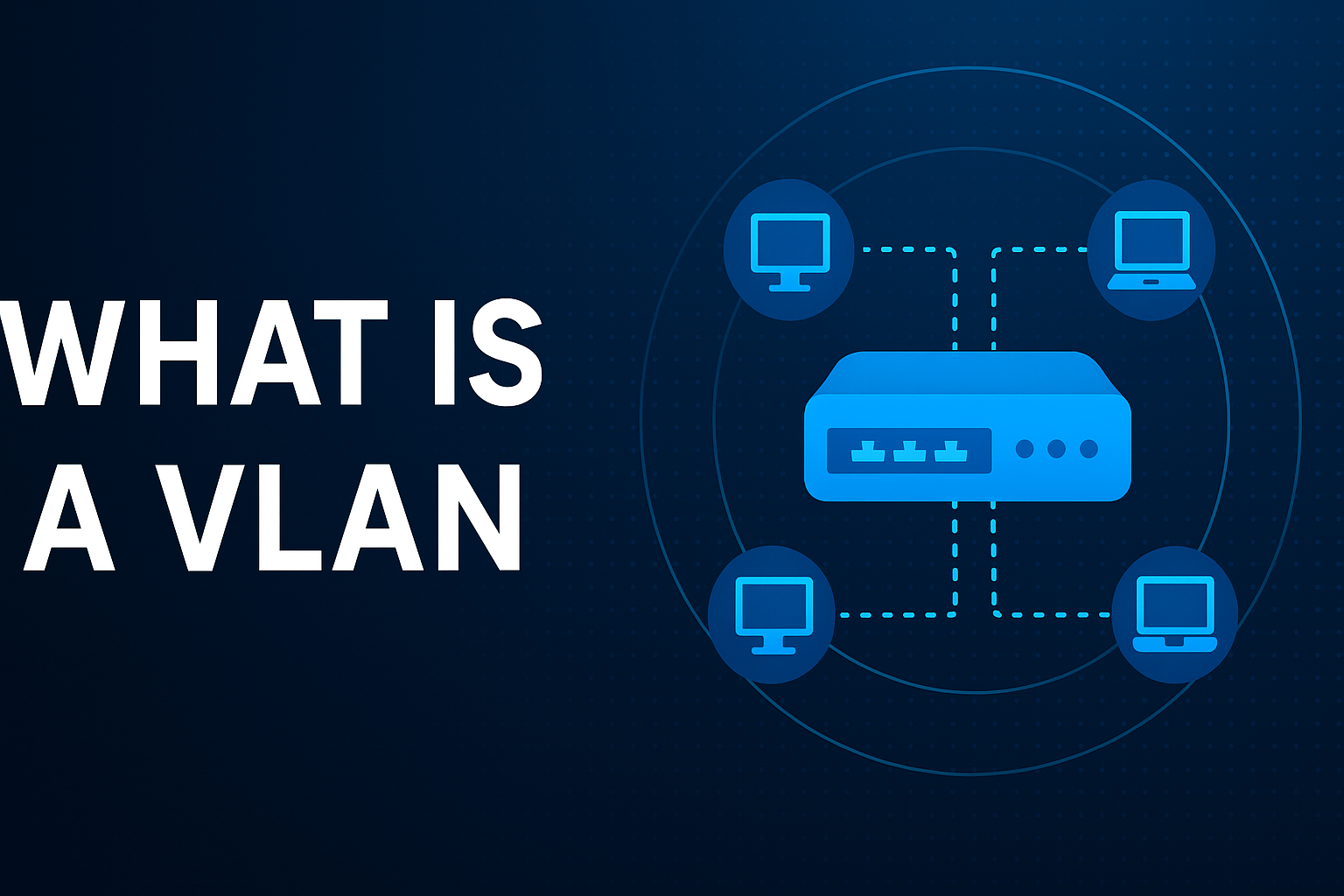What Is a CPU? Understanding the Brain of Your Computer
Updated on July 9, 2025, by Xcitium
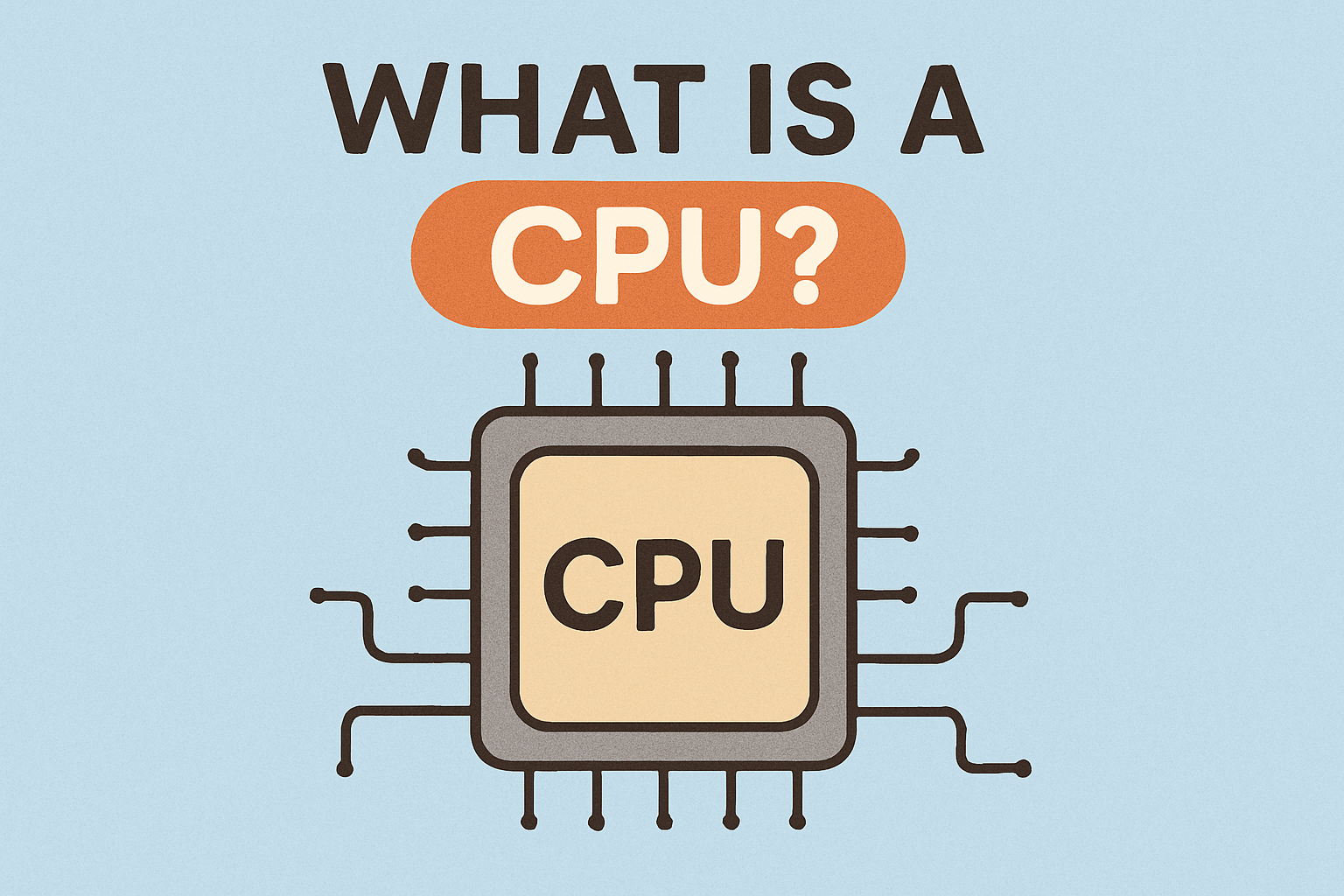
CPU Meaning: Have you ever asked yourself, what is a CPU, and why does everyone call it the “brain” of the computer? Whether you’re a cybersecurity analyst, IT manager, or just someone curious about how your devices work, the CPU is central to everything your computer does.
CPU Meaning and Definition
CPU Definition: In simple terms, CPU stands for Central Processing Unit, and it’s responsible for executing instructions and processing data. Without it, your computer—or any digital device—simply wouldn’t function.
Let’s dive into what makes the CPU so important, its types, functions, and real-world applications.
What Is a CPU in a Computer?
The CPU in a computer is the hardware component that carries out most of the processing inside a machine. It interprets instructions from programs, performs calculations, and manages data.
A typical CPU has:
- Control Unit (CU) – Directs operations within the processor
- Arithmetic Logic Unit (ALU) – Performs mathematical and logical functions
- Registers – Temporary memory storage for immediate data use
So when you ask, “what is a CPU in computer terms?”—it’s the component that allows the system to function logically and efficiently.
CPU Definition and Function
CPU definition and function can be simplified into three primary responsibilities:
- Fetch – Gets instructions from the system’s memory
- Decode – Interprets what needs to be done
- Execute – Performs the instruction using internal components
This cycle happens billions of times per second, which is why CPU speed, measured in GHz (gigahertz), is a crucial factor in system performance.
What Is a CPU Used For?
The CPU is used for all types of computing tasks, from running your operating system and applications to performing complex simulations and securing your network.
Use cases include:
- Gaming – Renders and processes game mechanics in real-time
- Cybersecurity – Analyzes data packets and runs antivirus engines
- Machine Learning – Executes large sets of data-driven algorithms
- Office Productivity – Powers applications like Excel, Word, and Zoom
Types of CPU
Not all CPUs are created equal. There are various types of CPU used across devices depending on need and performance requirements.
1. Single-core CPU
- One processing unit
- Suitable for basic tasks
2. Dual-core and Quad-core CPUs
- Handle multitasking better
- Found in laptops and desktops
3. Octa-core CPUs
- High-performance processors used in gaming PCs and mobile devices
4. Server CPUs
- Optimized for enterprise tasks, such as handling databases and virtual machines
CPU Examples in Real Life
Still confused? Here are real-world CPU examples:
| Device | CPU Example |
| Smartphone | Apple A17 Bionic, Snapdragon 8 Gen |
| Laptop | Intel Core i5/i7, AMD Ryzen 5/7 |
| Desktop | Intel Core i9, AMD Threadripper |
| Server | Intel Xeon, AMD EPYC |
These CPUs vary in performance, power consumption, and use cases—but all operate on the same basic principles.
The Role of CPU in Cybersecurity
Cybersecurity relies heavily on fast, reliable CPUs. Here’s how:
- Threat detection tools run continuously in the background, analyzing data.
- Encryption and decryption processes require CPU computation.
- Real-time monitoring and logging for potential cyber attacks.
- Running firewalls, VPN clients, and endpoint protection tools.
A faster CPU means quicker response to potential threats, which is crucial in high-stakes environments.
How to Choose the Right CPU for Your Needs
When selecting a CPU, consider:
- Purpose: Gaming, productivity, cybersecurity, data analysis?
- Cores: More cores mean better multitasking
- Clock Speed: Higher GHz = faster processing
- Thermal Design Power (TDP): Power consumption and heat output
Tip: For enterprise security environments, always opt for multi-core CPUs with high cache memory.
CPU vs. GPU: What’s the Difference?
- CPU: General-purpose processor; handles all types of instructions
- GPU: Specialized in parallel processing for graphics and computations
Think of the CPU as the brain, and the GPU as the muscle used for visually intensive tasks.
Final Thoughts: The CPU Is the Core of Digital Life
From processing your emails to protecting your system from malware, the CPU is the unsung hero of computing. Understanding what is a CPU helps you make better hardware choices, optimize system performance, and appreciate how critical it is in both personal and professional settings.
🔐 Want to Boost Your Organization’s Cybersecurity Performance?
Explore how optimized endpoint security can protect your business at the processor level.
👉 Request Your Free Demo with Xcitium Today!
FAQs – CPU Meaning and Definition
1. What is a CPU and why is it important?
A CPU (Central Processing Unit) is the brain of your computer. It executes instructions, processes data, and enables system operations.
2. What is a CPU used for?
The CPU handles all computing tasks, including running programs, performing calculations, and managing system resources.
3. What are examples of CPUs?
Examples include Intel Core i7, AMD Ryzen 9, Apple M2, and Qualcomm Snapdragon.
4. What’s the difference between CPU and GPU?
CPU handles all kinds of tasks, while GPU is specialized for graphics and parallel processing.
5. What are the types of CPU?
Common types include single-core, dual-core, quad-core, octa-core, and server-grade CPUs.





